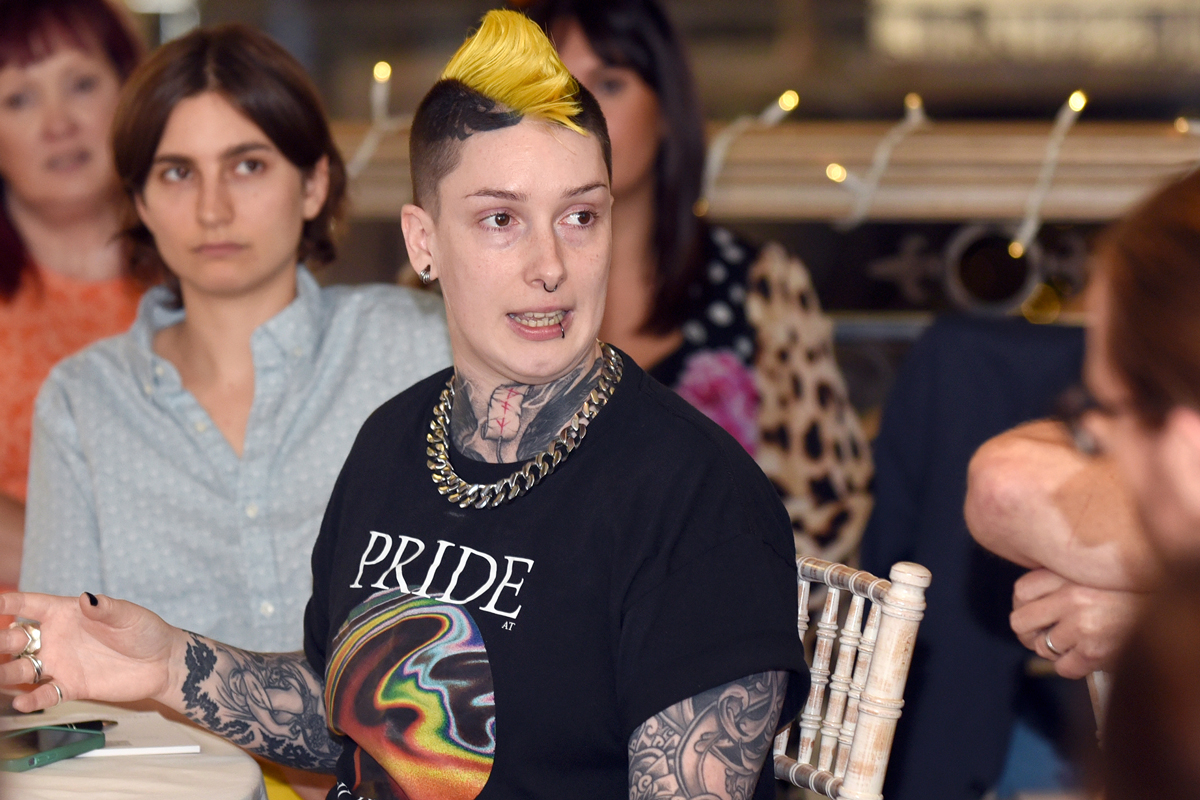 WHAT’S the difference between talking the talk about your business’s attitude to inclusivity – and actually walking the walk?
WHAT’S the difference between talking the talk about your business’s attitude to inclusivity – and actually walking the walk?
That was one of the main themes that emerged from SLTN’s first In Conversation with SLTN event, titled Incluvisity in Whisky.
After attendees at the event heard from three top speakers – Charlotte Barker of Diageo, Kirsten Blackburn of The Borders Distillery and Dani David of Kromanti Rum – they were able to quiz them on aspects of diversity and inclusivity in hospitality.
On the subject of being more inclusive for the LGBTQIA+ community, the speakers were asked what the difference is between ‘rainbow-washing’ and genuine inclusivity.


Answering, David said: “I’ll give you an example of a bar that I work with in Peckham and another bar around the corner. The bar around the corner has an LGBTQ night once a month. They have their flag (flying). I know of incidents at that pub where people have been attacked.
“The bar I work with don’t ever have the flags waving, and that is the safest place I know in Peckham for LGBTQ people to go to.
“So I think there is something really disingenuous about companies and venues who promote this acceptance but then don’t enforce it amongst their staff, don’t look at who they’re employing and they don’t look at who they’re letting through the doors. Whereas the other venue that I work with, their staff – not just their bar staff but their security – they know what to look for. They know who to let in. There’s a certain culture that you can create within a venue amongst the staff. And it starts there. It really does.”
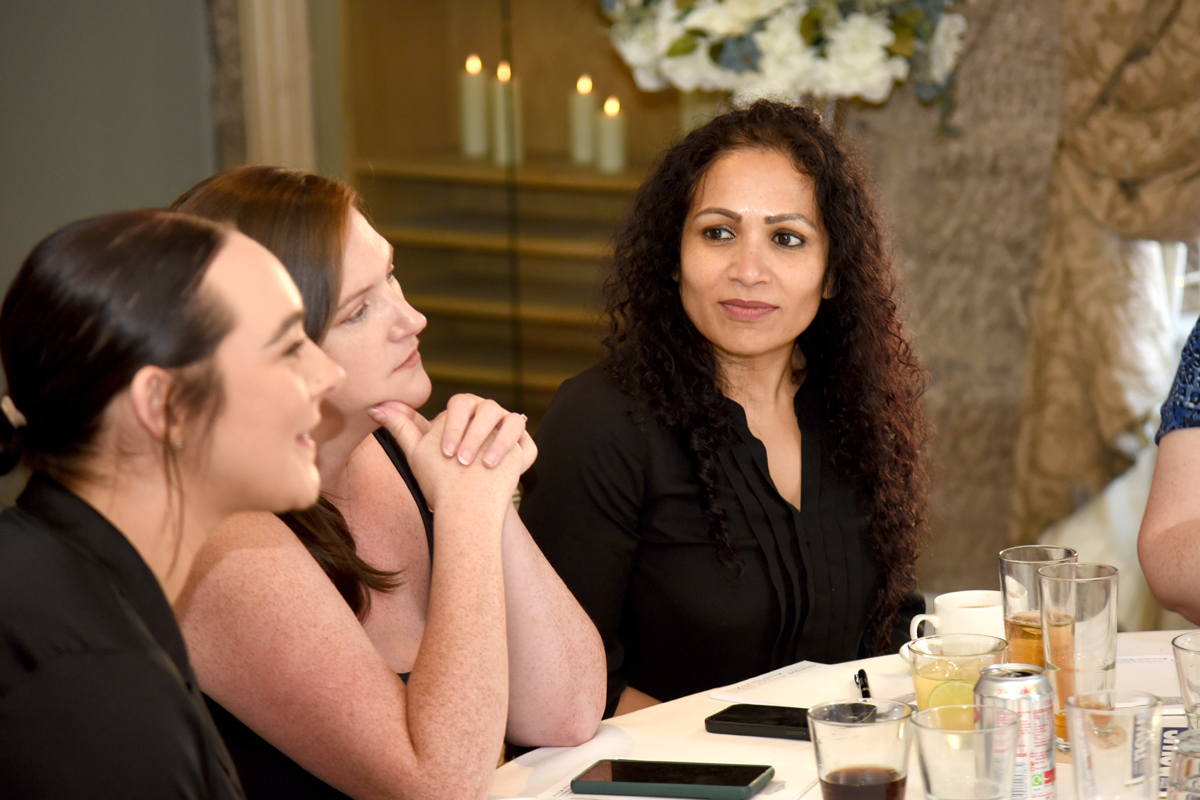

The Q&A session was followed by a group discussion, where tables were asked to discuss an inclusivity-based topic and then present their opinions to the room.
Discussing the way whisky is marketed and presented, a representative from a drinks company said: “Whisky’s marketing usually tends to appeal to tweed. That customer is there and they’re not going to stop buying whisky. How do we turn this conversation on its head into a language that the brands and the boards of those brands understand? You make your environment more inclusive, you make your environment more diverse. You reflect that in stories. And stories are what whisky is so good at. And the people behind those stories.”
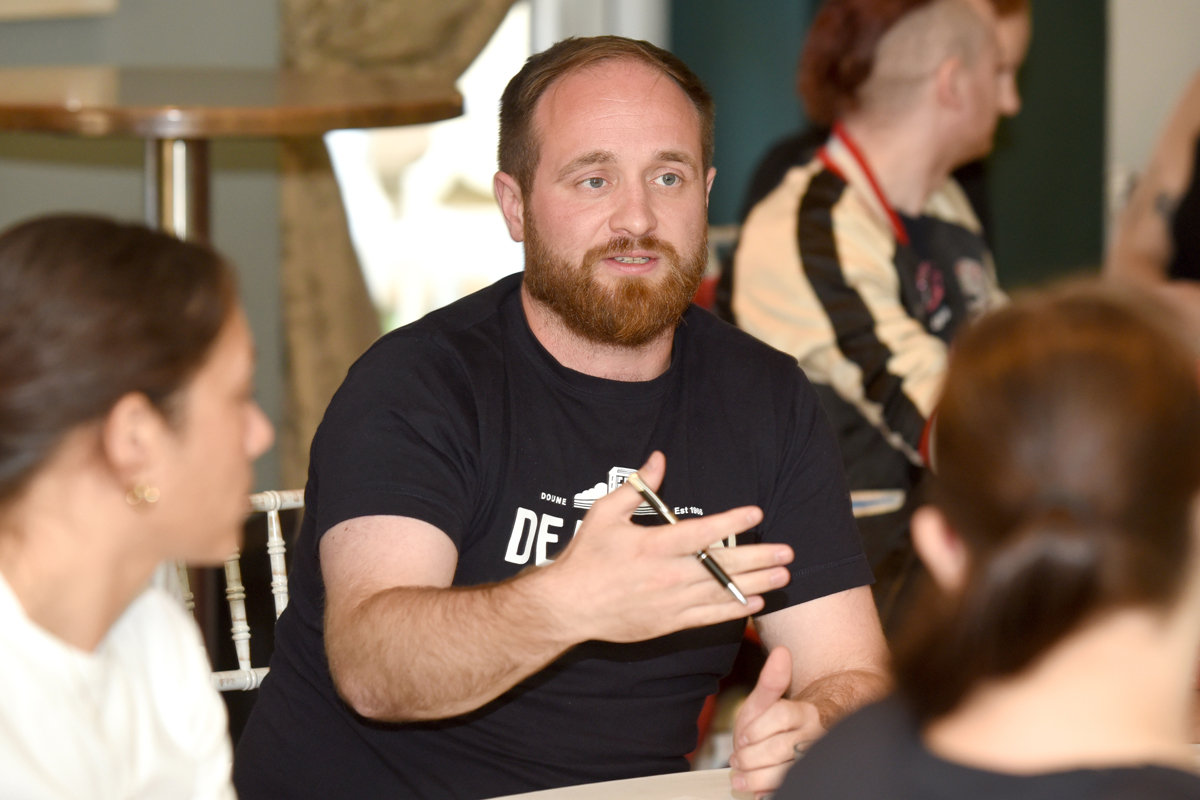

Another group highlighted the importance of communication between brands and bars, stressing the importance of working together to promote inclusivity in venues around Scotland.
“We were talking about what we can do as brands and what we can do as people on the floor and how can we meet in the middle somewhere,” said the group spokesperson, a bartender.
“I’ve worked with people in the third sector before about having inclusive feminist chats in workspaces. Can we do a fun version of that in bars?”
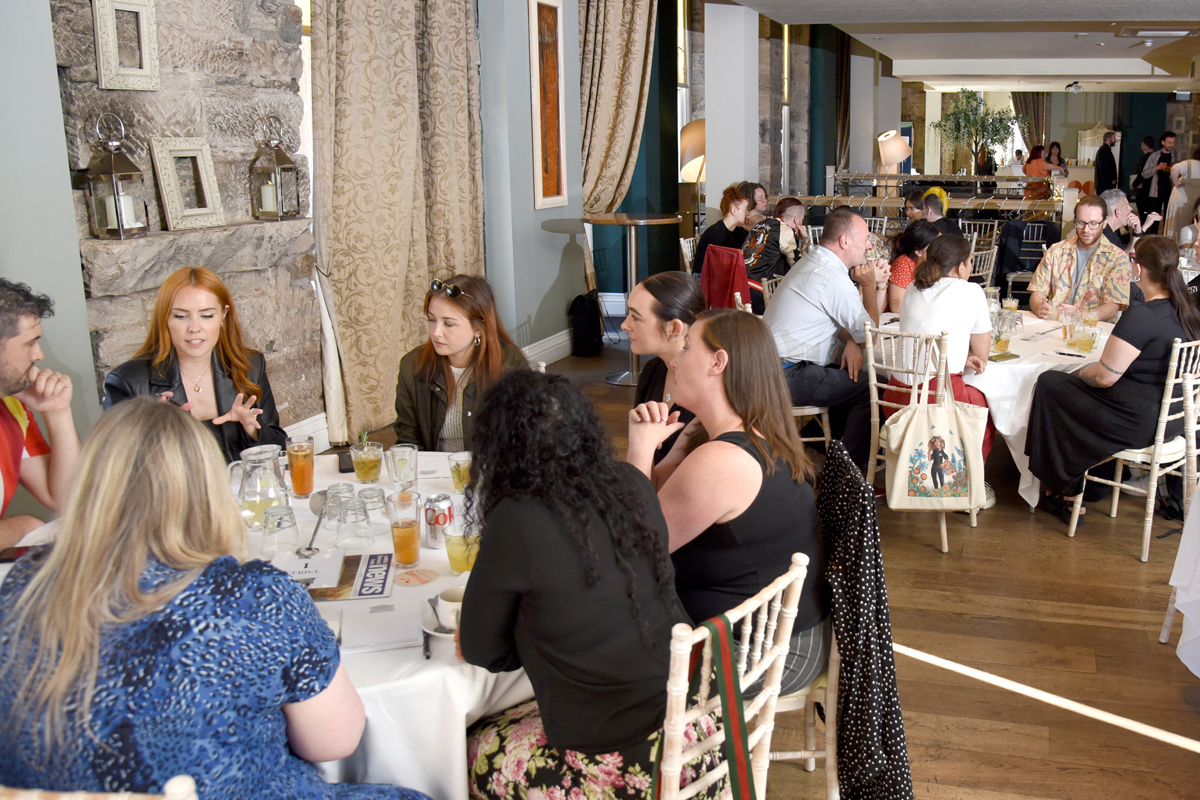

Another group focused on sexism in the workplace, with the spokesperson stressing the importance of ‘calling out’ bad behaviour – and of managers supporting staff.
“Specifically giving people the confidence to be able to say no to something,” they said.
“I think it makes the world of difference. Especially when you’re talking about the new generation of bartenders, who are younger.
“I have such a vivid memory of when I’ve had managers that have had my back and when I’ve had managers that have not had my back. Because the minute you have someone behind you willing to back what you’re saying it gives you the confidence to call that out and say ‘no that’s not what’s going to happen, actually’. Whereas the first couple of jobs I worked I was taught to just laugh it off and move on.”
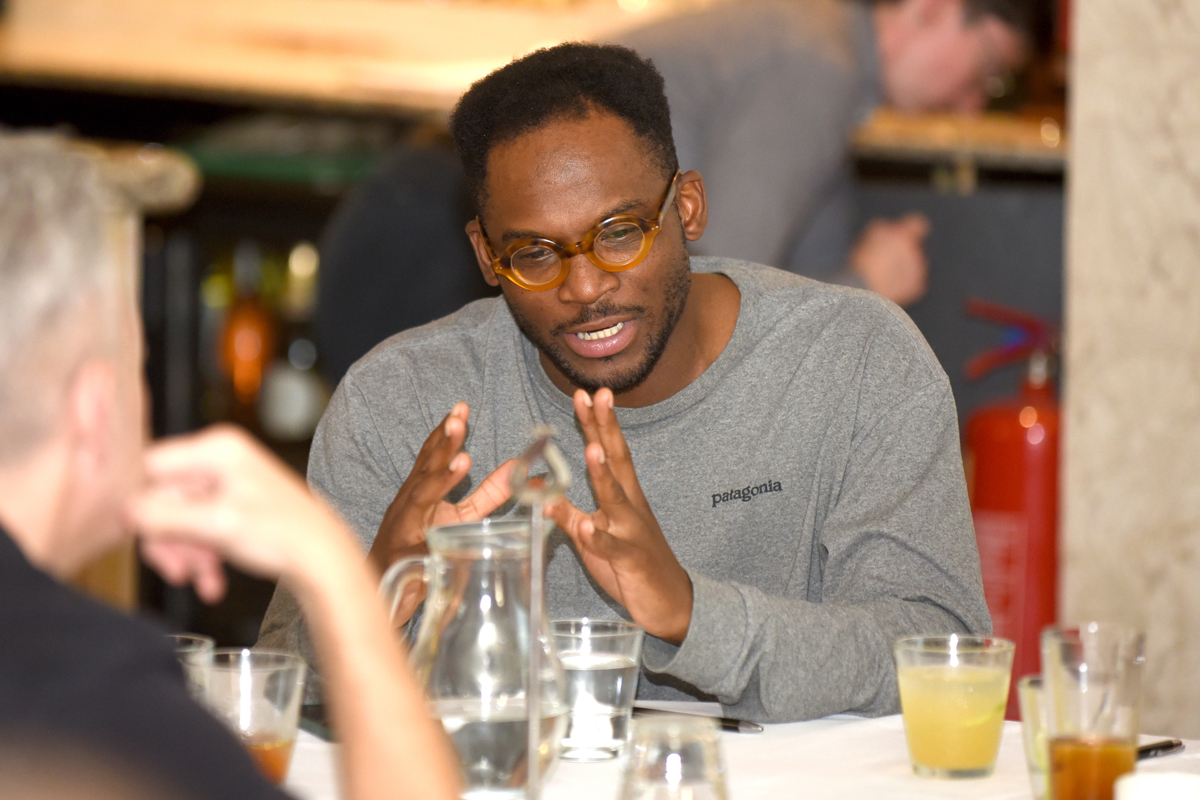

And another group discussed the importance of being inclusive right from the recruitment stage – an approach the spokesperson has adopted in their own bar.
“I think one of the best things we’ve introduced is discussing it straight away from interview,” they said.
“The most simple and effective thing we’ve put into our interview process was pronouns.
“Simply giving the individual that space to feel like we care enough to identify and address them correctly, followed on by continuously touching on it throughout the journey – whether that’s training or whether it’s giving them a way to contact you that’s confidential if there’s anything they want to discuss – I think it’s important as a venue to really tackle it from the get-go.”
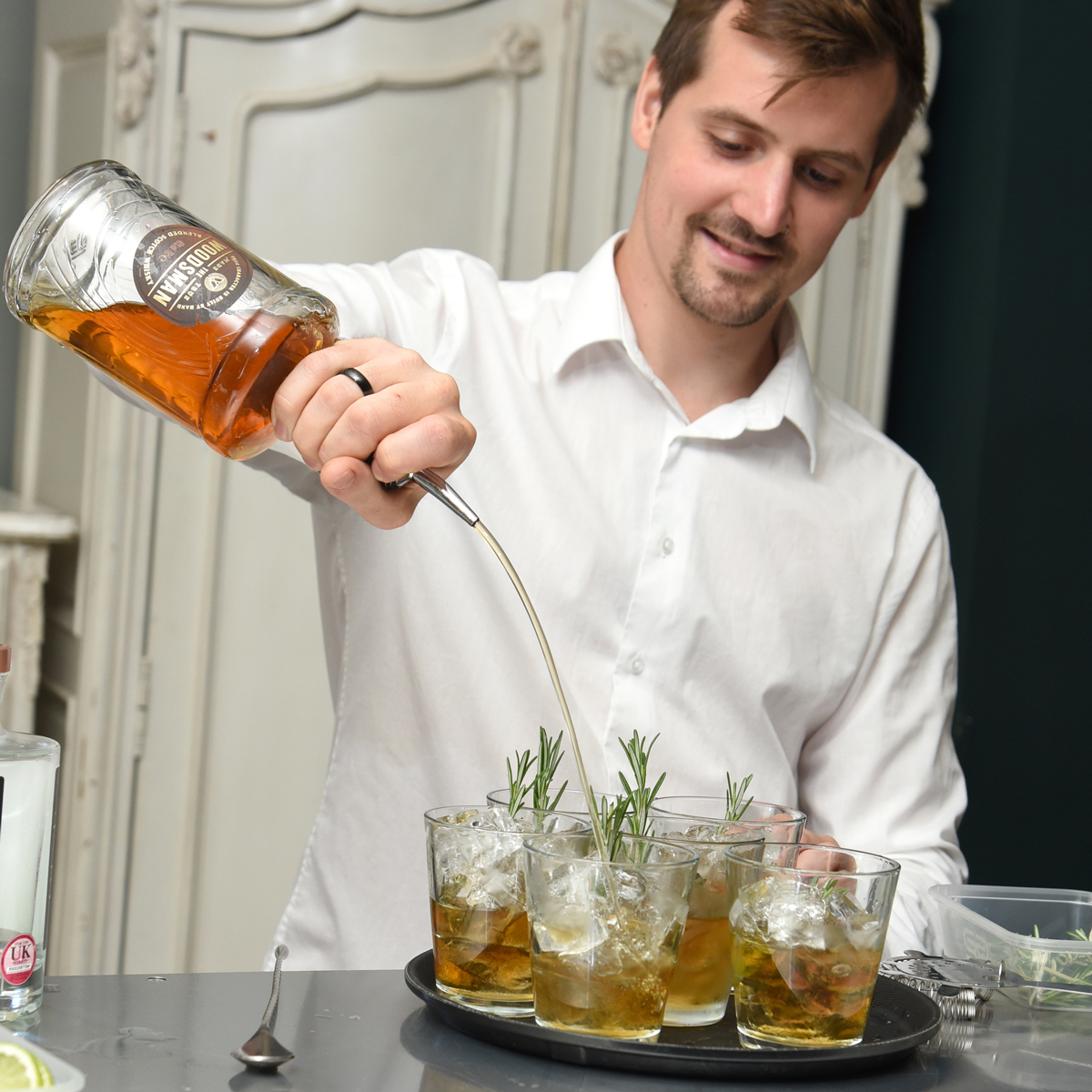

SLTN will continue to cover the vital subjects of diversity and inclusivity in future events. Visit sltn.co.uk for details.























